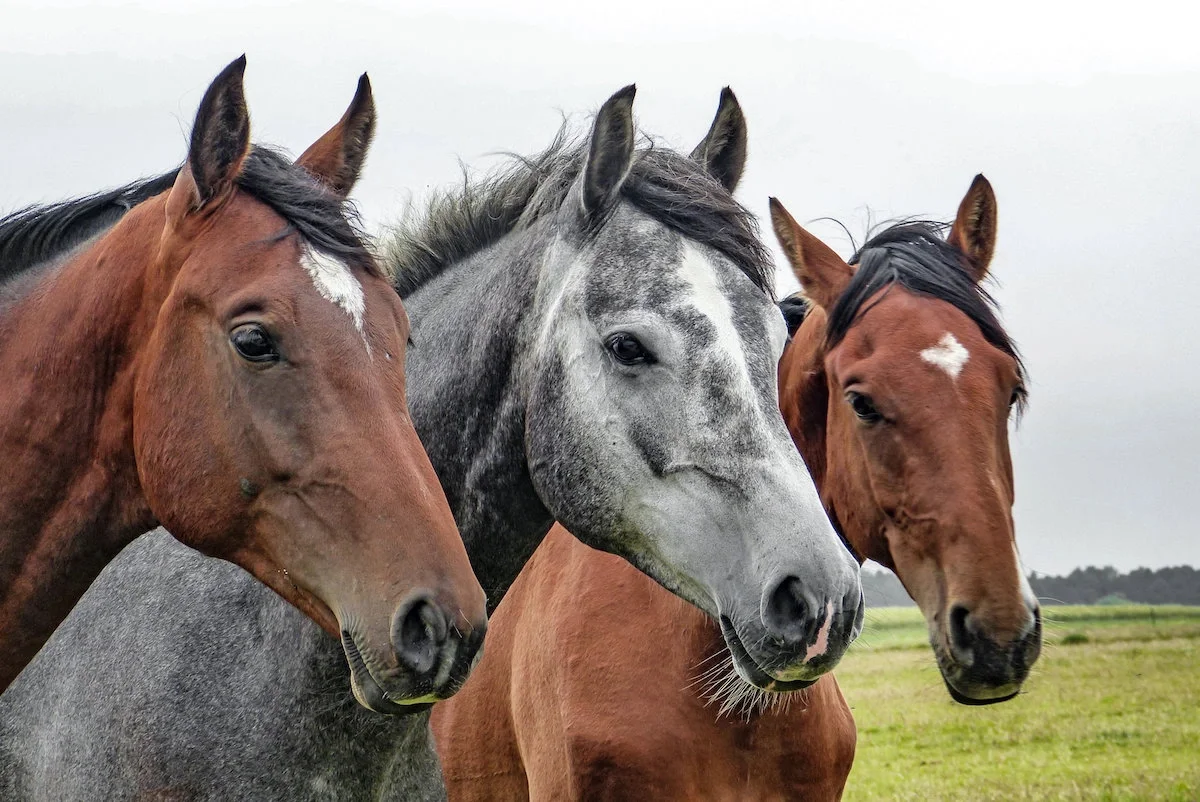The Evidence Based Approach
Evidence-based approaches are widely used in science and medicine to identify and implement best practices. These practices are grounded in empirical evidence, meaning they are evaluated based on real-world outcomes rather than theoretical assumptions. Clinical observations, supported by the latest scientific knowledge, help establish standardized methods that connect scientific research with practical application.
Anyone can engage in this process by asking, “What does our current scientific understanding of the horse, when applied and observed in practice, reveal about achieving the best possible outcomes for both horse and rider?” Over time, best practices should become accessible across all aspects of horse training and care. Ultimately, a deeper understanding built on high-quality information will lead to better welfare for our horses.

